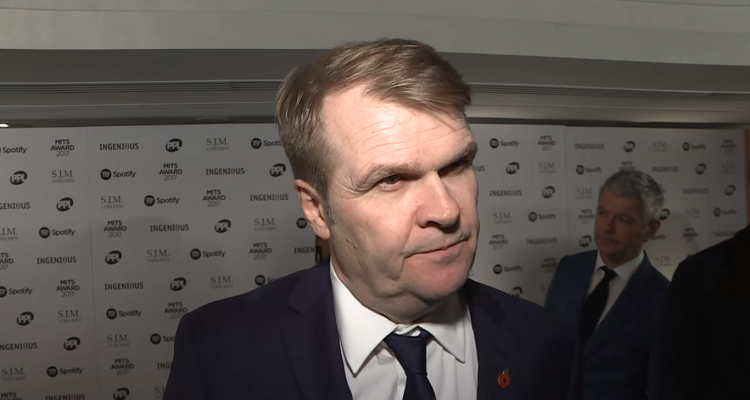Sony Music Entertainment (SME) is making some significant changes to its operations in Oceania, Asia, and the Middle East. The company has announced a restructuring and expansion plan that includes a shift in focus for Asia-Pacific executive Denis Handlin, who will now exclusively handle Australia and New Zealand markets.
Denis Handlin has been a part of SME’s team for almost half a century, an impressive feat by any standard. In May this year, he will complete 50 years of service with the company. Handlin previously handled markets in Australia, New Zealand, and Asia. With his new role, he will focus entirely on the Australian and New Zealand markets, which are crucial to SME’s operations in the region.
In other changes, Shridhar Subramaniam will take on the newly created role of President, Strategy and Market Development, Asia and Middle East, while continuing to oversee SME’s operations in India and the Middle East. Based in New York City, Subramaniam’s primary responsibility will be to develop long-term growth strategies for SME’s operations throughout Asia and the Middle East.
Andrew Chan will lead SME’s operations in China, Taiwan, and Hong Kong, while Ariel Fung will become the Executive Vice President of SME Southeast Asia. Joseph Chang will continue as Managing Director of SME Korea. These changes are part of SME’s strategy to expand its operations in the region and tap into the growing music markets in Asia, Africa, and the Middle East.
SME is not the only major record label that is betting big on the rapidly developing music industries in these regions. Last year, Universal Music Group (UMG) appointed Calvin Wong to a newly created executive role in Singapore, where UMG’s Southeast Asia headquarters are located, before launching a new label alongside AirAsia. In 2018, the company signed a licensing agreement with Boomplay, Africa’s most popular music-streaming service.
The music markets in Asia, Africa, and the Middle East are growing rapidly, and an ever-increasing number of artists from these regions are demonstrating their marketability both domestically and internationally. In 2019, BTS, a South Korean K-pop group, became the first Asian artist to garner five billion plays on Spotify. Similarly, Nas’s Mass Appeal is currently scouting and marketing hip-hop artists in India.
The music industry is changing rapidly, and record labels like SME and UMG are adapting to these changes by focusing on emerging markets and investing in new talent. With the growing popularity of music streaming services and social media platforms, the music industry is becoming more globalized, and talented artists from all corners of the world now have the opportunity to reach a global audience.
In conclusion, SME’s restructuring and expansion plan is a significant development in the music industry, and it reflects the growing importance of the Asia-Pacific, Middle East, and Africa markets. SME’s strategy to invest in these markets and tap into the growing demand for music in these regions is a smart move, and it will undoubtedly help the company to stay ahead of the competition in the years to come.


